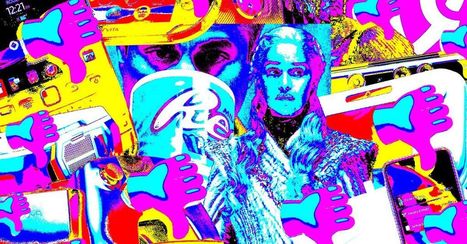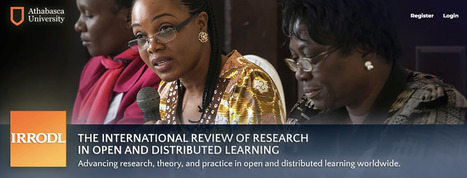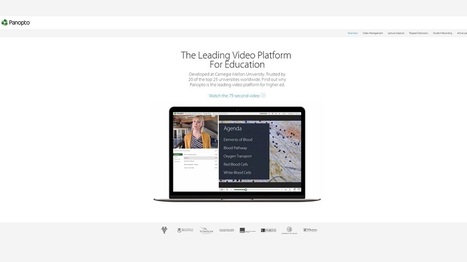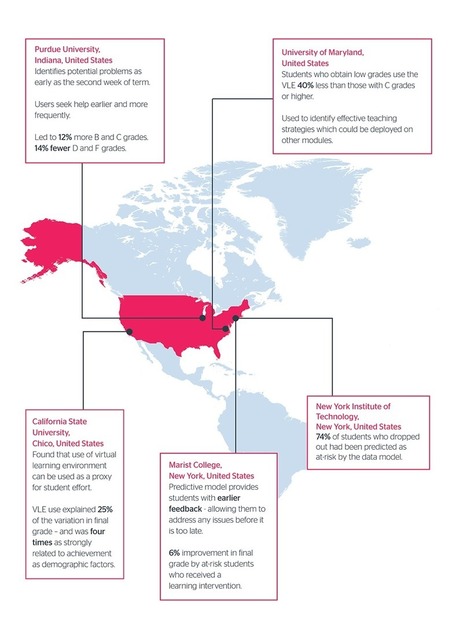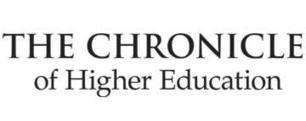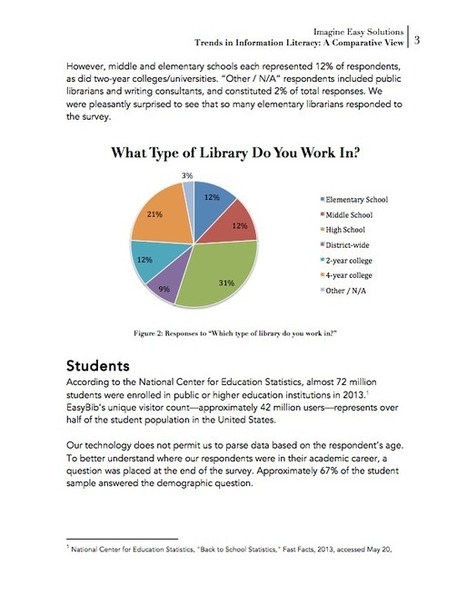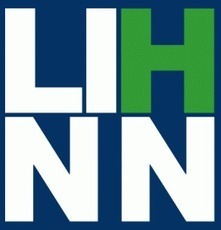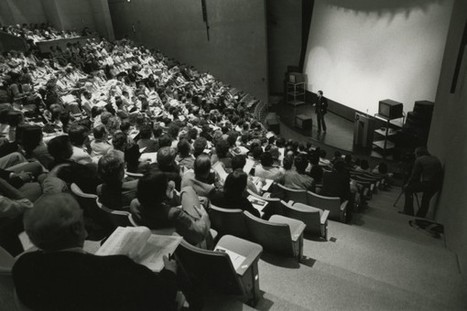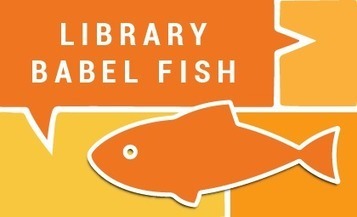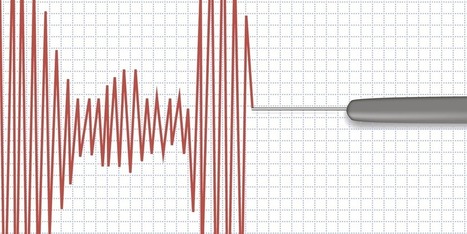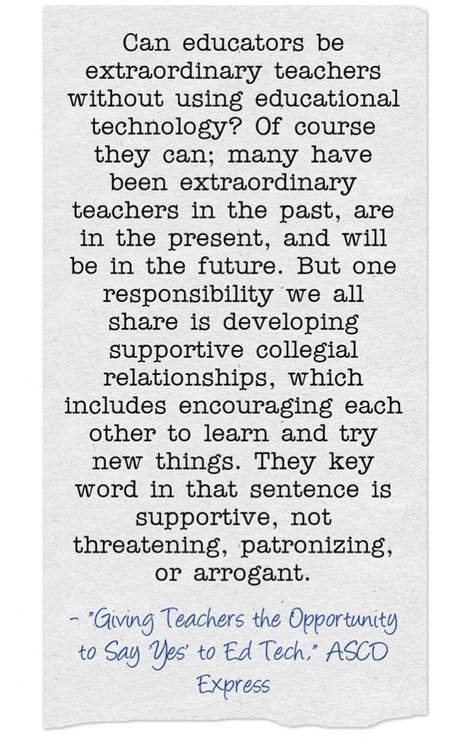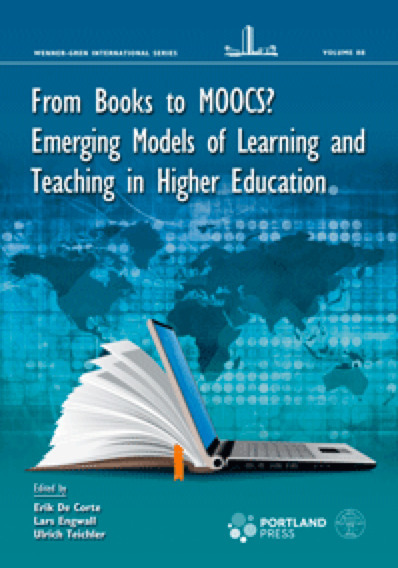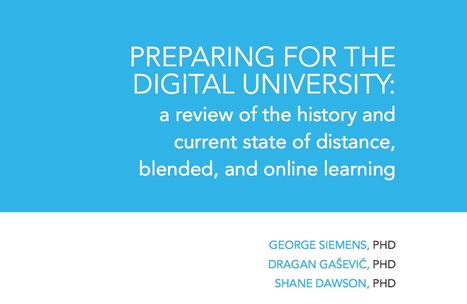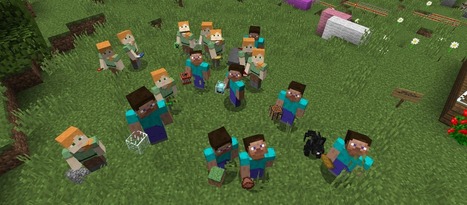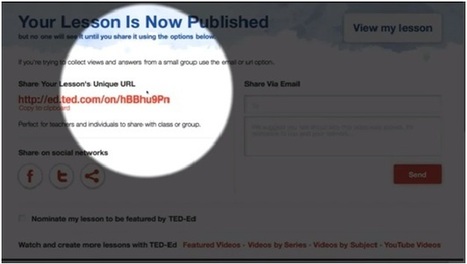Get Started for FREE
Sign up with Facebook Sign up with X
I don't have a Facebook or a X account
 Your new post is loading... Your new post is loading...
 Your new post is loading... Your new post is loading...

Ana Cristina Pratas's curator insight,
October 25, 2019 11:17 AM
Abstract
This paper considers the current state of the United Kingdom Open University (UKOU) and the implications for the evolution of higher education, whether through open or traditional institutions. Although 50 years have passed since the establishment of UKOU, the first open university, such institutions seem to be losing their ground, notably because they face challenges in creating a clear identity for themselves. By definition, they have been distinguished from traditional universities by offering both open access and open admission. However, some cases of open access (i.e., distance teaching through the adoption of various technologies) are found in China, South Africa, the USSR, and the US. Even so, the introduction of open admission policies can be considered a core feature of open universities. Such policies have been criticized for creating a so-called revolving door, with students failing almost immediately. To counteract this, UKOU developed a particular quality assurance system, which allowed them to be an authoritative higher education institution. Specifically, they structured regional networks with shared responsibilities, to offer all the elements that make up a university including headquarters, regional offices, and even spaces for students. This form of networked university is what differentiates open universities from the traditional university model and constitutes a unique feature of this type of educational institution.

Viljenka Savli (http://www2.arnes.si/~sopvsavl/)'s curator insight,
May 11, 2017 5:07 AM
Con's and pros...

Dr. Laura Sheneman's curator insight,
October 23, 2015 9:50 AM
"Prensky’s analysis continues to spark debate and that is a positive thing. The reality of how our supposedly Digital Natives or Immigrants engage with technology and learning reveals a more complex landscape than a simple dichotomy allows for. A richer subculture analysis is required where individual narrative of technologies meanings may be revealed" 
Angela C. Dowd's curator insight,
October 24, 2015 12:06 PM
Well written and relevant...instructional designers often talk about this. Thanks Nik! |

Елена Гончарова's curator insight,
March 29, 2016 2:06 PM
An interesting free download for anyone interested in MOOCs. You can download each chapter individually. 
João José Paiva Monteiro's curator insight,
April 2, 2016 6:43 PM
An interesting free download for anyone interested in MOOCs. You can download each chapter individually. 
Mark Cottee's curator insight,
April 3, 2016 9:19 PM
An interesting free download for anyone interested in MOOCs. You can download each chapter individually.

EDTECH@UTRGV's curator insight,
January 7, 2016 11:43 AM
This is why we go to great efforts to make our students' first online course a memorable one. 
Rosemary Tyrrell, Ed.D.'s curator insight,
January 9, 2016 1:25 PM
Not exactly earth-shattering for those of us who have taught online. We need to do a better job preparing students for online learning.

Santos Arturo Gamez's curator insight,
October 16, 2015 4:26 PM
A research study, explaining several ways of implementing educational material and methodologies that could be used for each one. Taking into consideration the impact of technology and its growth into the educational area. For example distance education, blended and online learning and the adaptation of technology in this field.
Christa Meenan's curator insight,
April 23, 2015 9:23 AM
Stat-heavy article from MIT and Harvard. They claim the MOOCs are still sustainable despite some trends showing downward interest. Could still have good stats for final presentation, though. |




